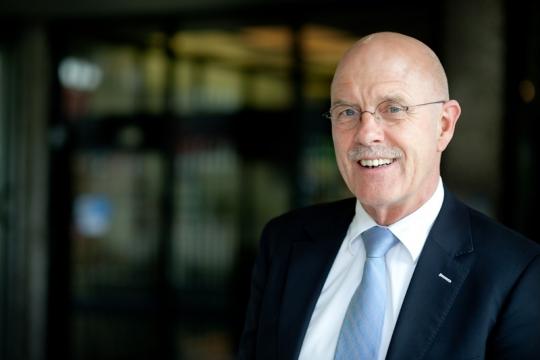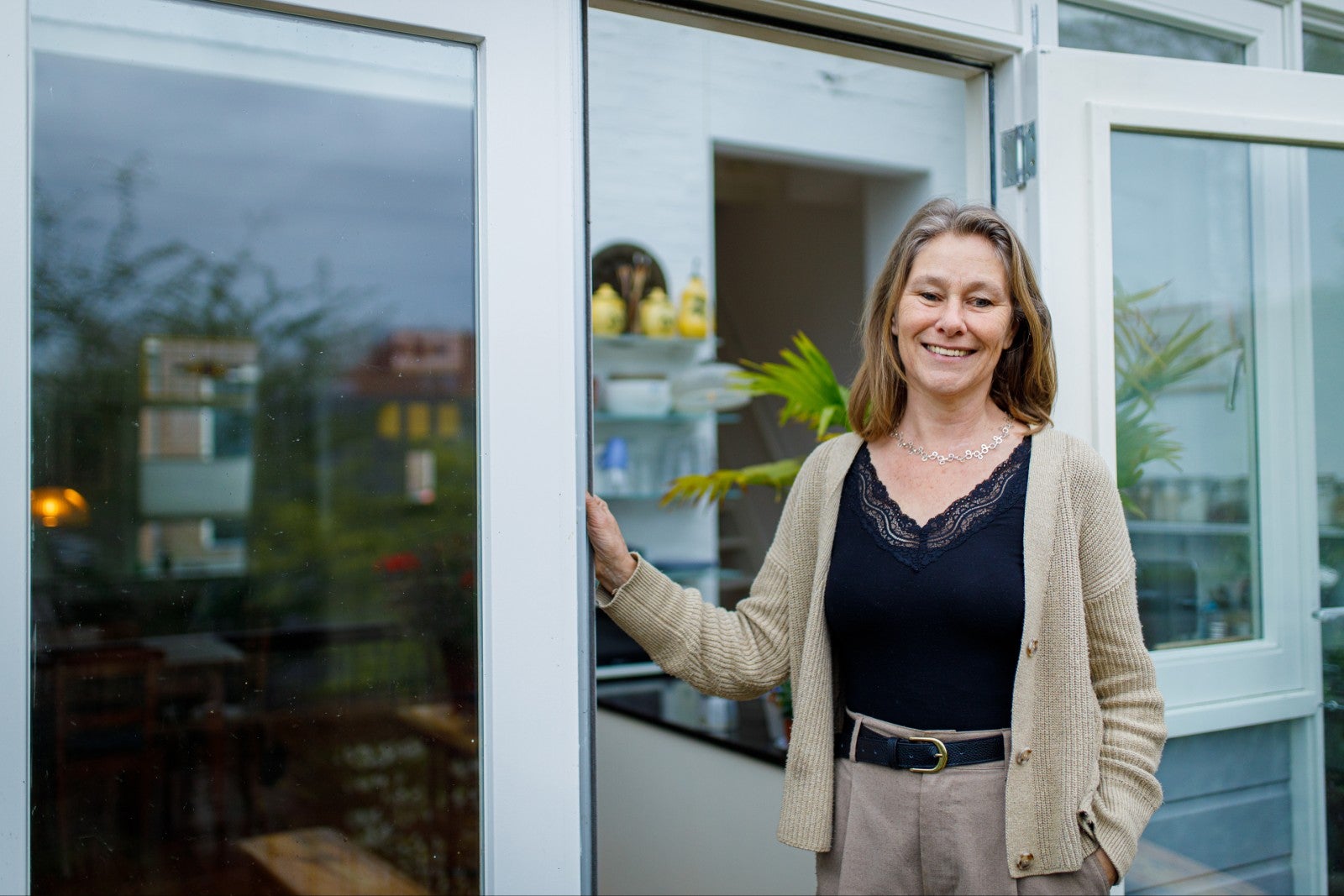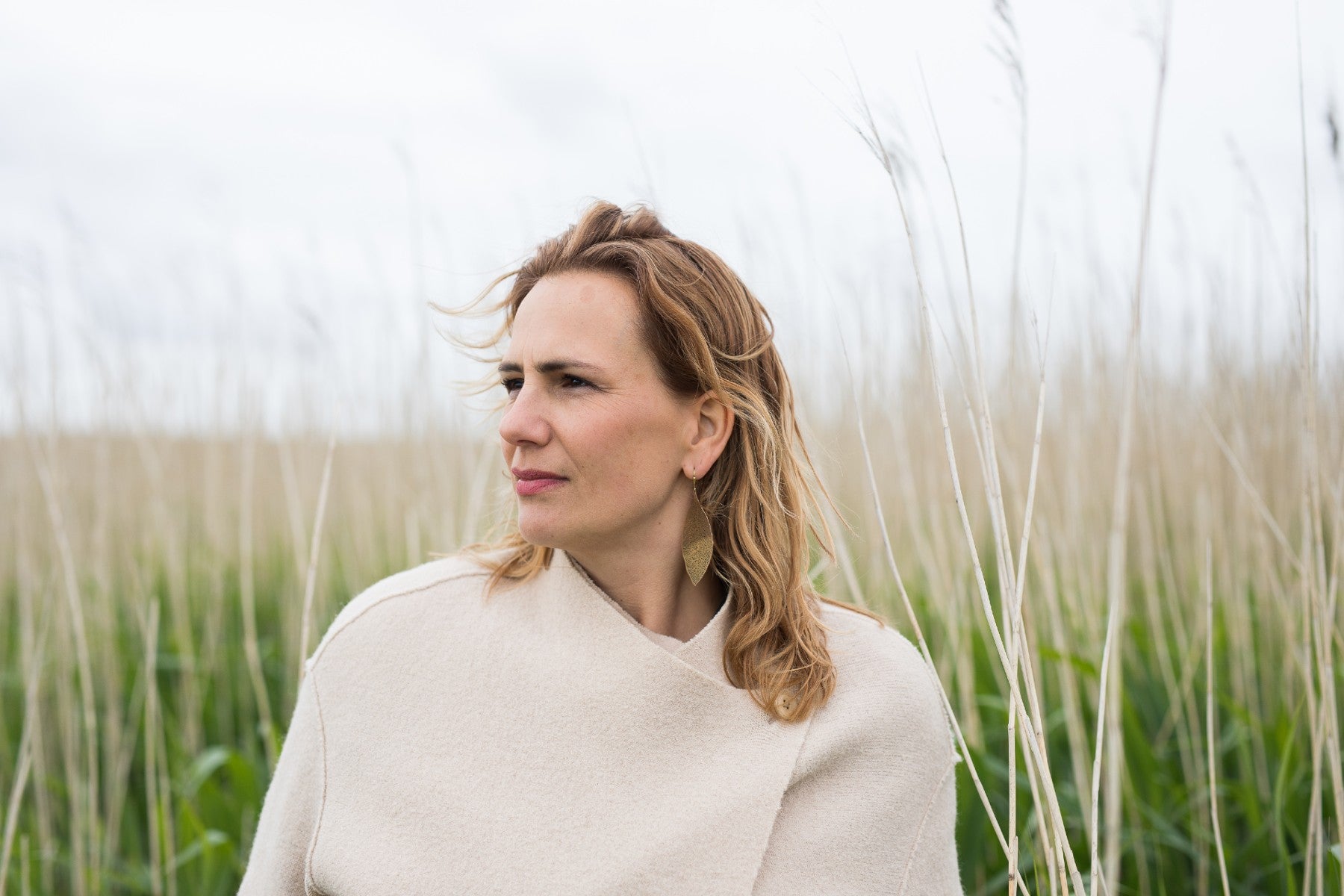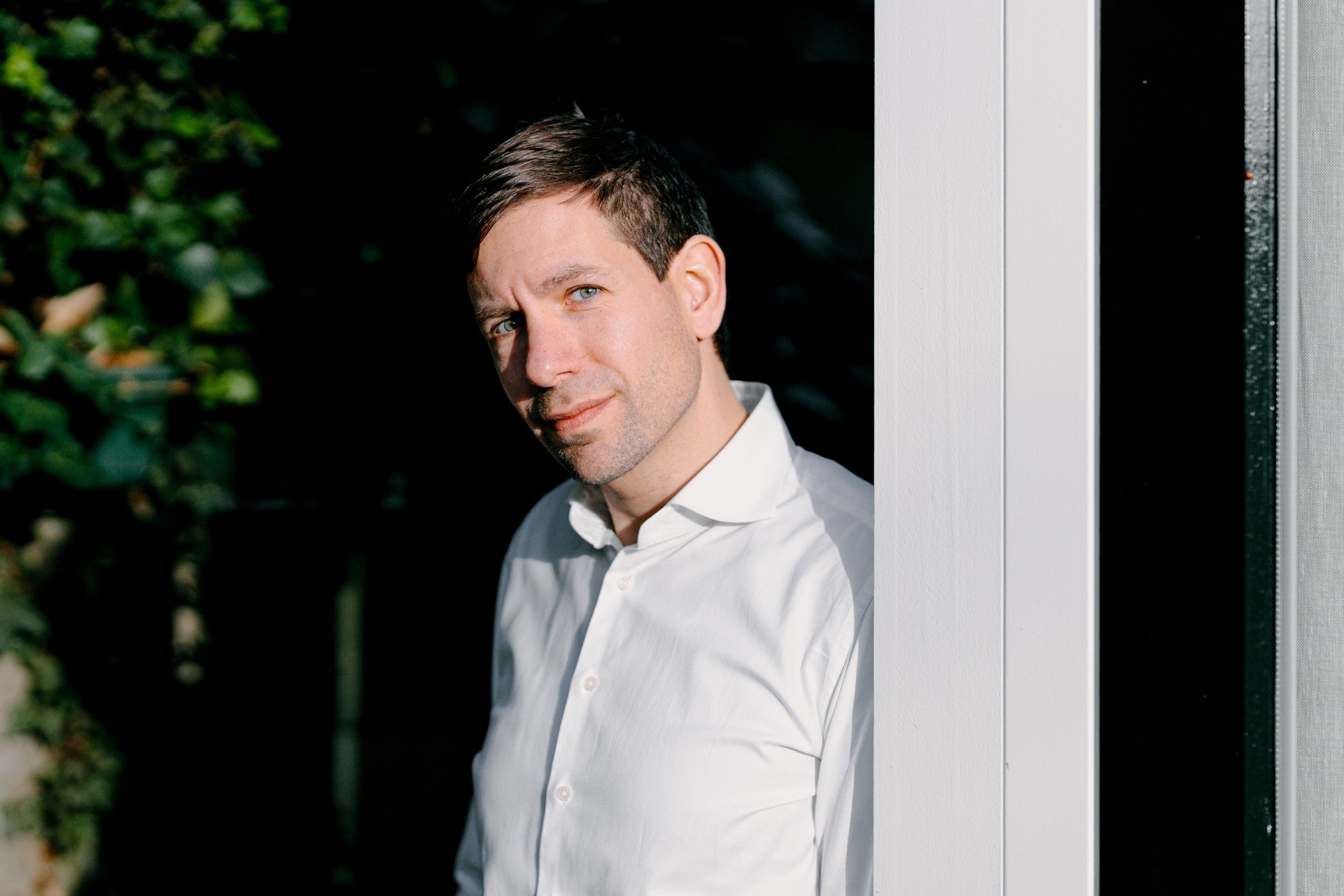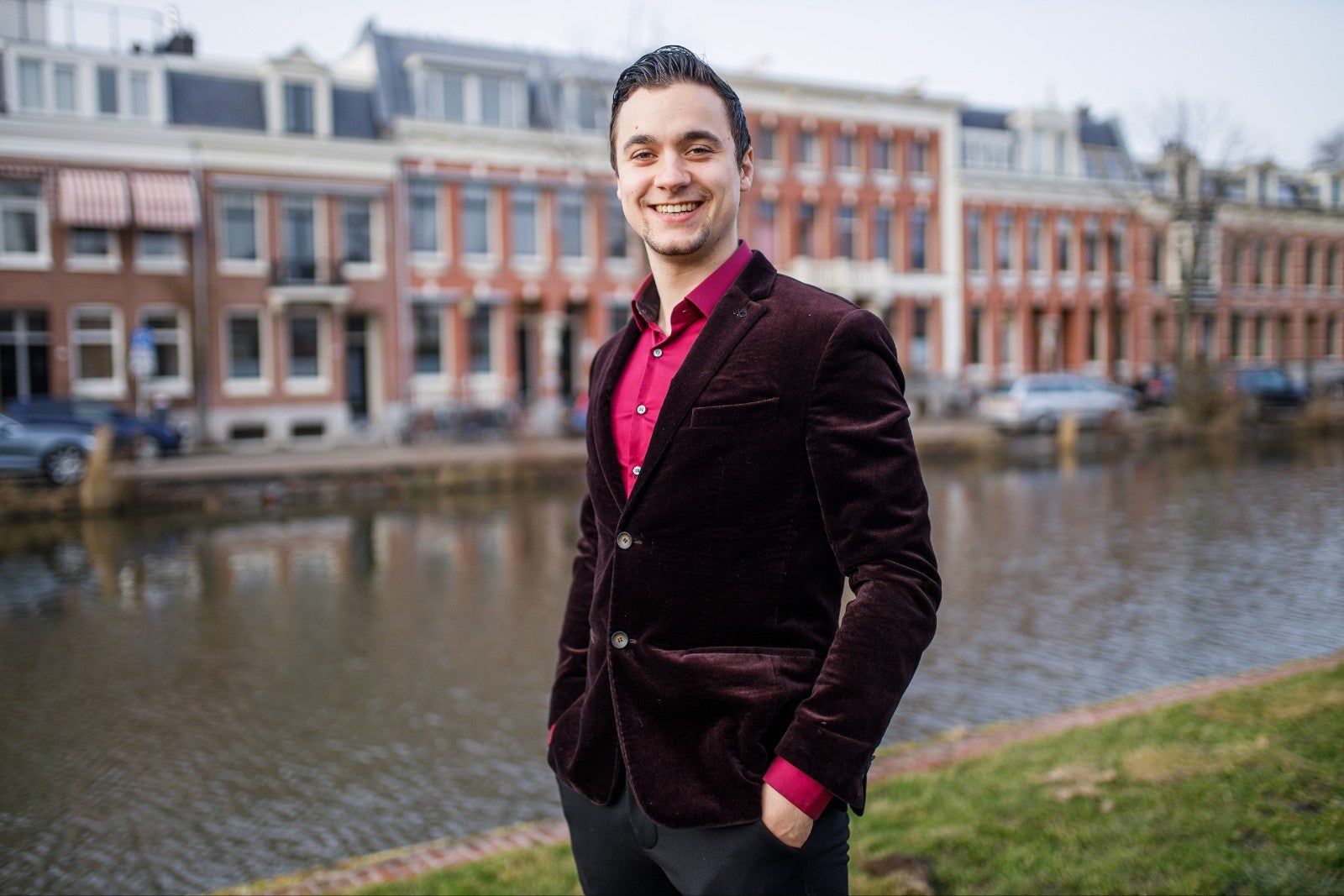In the coming years, the largest intergenerational transfer of wealth in the history of the Netherlands will take place. More and more legacies are being left to charities. Theo Schuyt, professor of Philanthropic Studies, has been monitoring developments for twenty years. On the eve of the global conference organised at the VU by ‘his’ Centre for Philanthropic Studies, he looks ahead to the future.
From lotteries to legacies
In the Netherlands, 56% of people now have a will, 16% of which mention charities, says Schuyt. ‘People choose to leave money to research into the illness to which they lost a loved one, for instance, or the church where they got married. By far the most legacies left to charities come from people who don’t have children: 98%. Notaries play a key role when it comes to legacies left to charities, which is why the VU will be introducing a course in Philanthropy and the Notary Public: giving and leaving legacies to charity. Unique in the Netherlands.
Wealth gap
Philanthropy has been on the rise since 1993. Schuyt: ‘After the Second World War, the Netherlands became a welfare state, which meant that voluntary contributions became less essential. Until 1967, for instance, VU hardly depended on donations from its supporters. Cuts in the eighties and nineties, however, forced universities to enter the market: commissioned research, commercial education and patents became important. But the Netherlands has always had a strong civil society: including volunteers who help refugees, the food bank, weekend schools, foundations of friends. Politicians and policy makers should put greater emphasis on that: we need a renewed focus on the Rhineland model: a place for civil society in addition to government and the market. Ultimately, this leads to a powerful combination of government, market and philanthropy. I often quote a slogan dating back to the French Revolution: freedom comes from the market, equality from the government, and fraternity from philanthropy.
Losing your partner and your money
Currently, the number of family and company funds is growing exponentially, as well as the amounts involved. This cannot only be explained by the fact that we’re wealthier than ever before. ‘Philanthropists aren’t necessarily kind, sociable people. It’s a matter of sociobiology. The ultimate goal for any human is contributing to the survival and well-being of your species. which is a very deep-seated desire. Being rich is fun, but using your wealth to fund Alzheimer research can turn you into a hero. In the US, you’d want your name on the building, but that’s different in the Netherlands. Here, we simply enjoy knowing that we’ve made a difference.
The VU didn’t suddenly become progressive when it appointed the first professor of Philanthropic Studies. The university was founded in 1880 with private funds: Beer brewer Willem Hovy donated a quarter of the capital required for the foundation. In 1937, the VU ladies then came up with the plan to raise funds by taking the well-known green VU vans out to collect money every week. An expansive network of representatives collected hundreds of thousands of guilders with pennies at a time.
> Interested? The VU offers a post-graduate degree programme in Philanthropy.
> For notaries and financial advisers, among others, the Centre of Philanthropic Studies and the Faculty of Law offer a course in Philanthropy and the Notary Public
> Between 10-13 July 2018, the VU will host the Conference of the International Society for Third Sector Research (ISTR): the largest conference for academic research on non-profits, civil society, philanthropy and volunteer work in the world.

